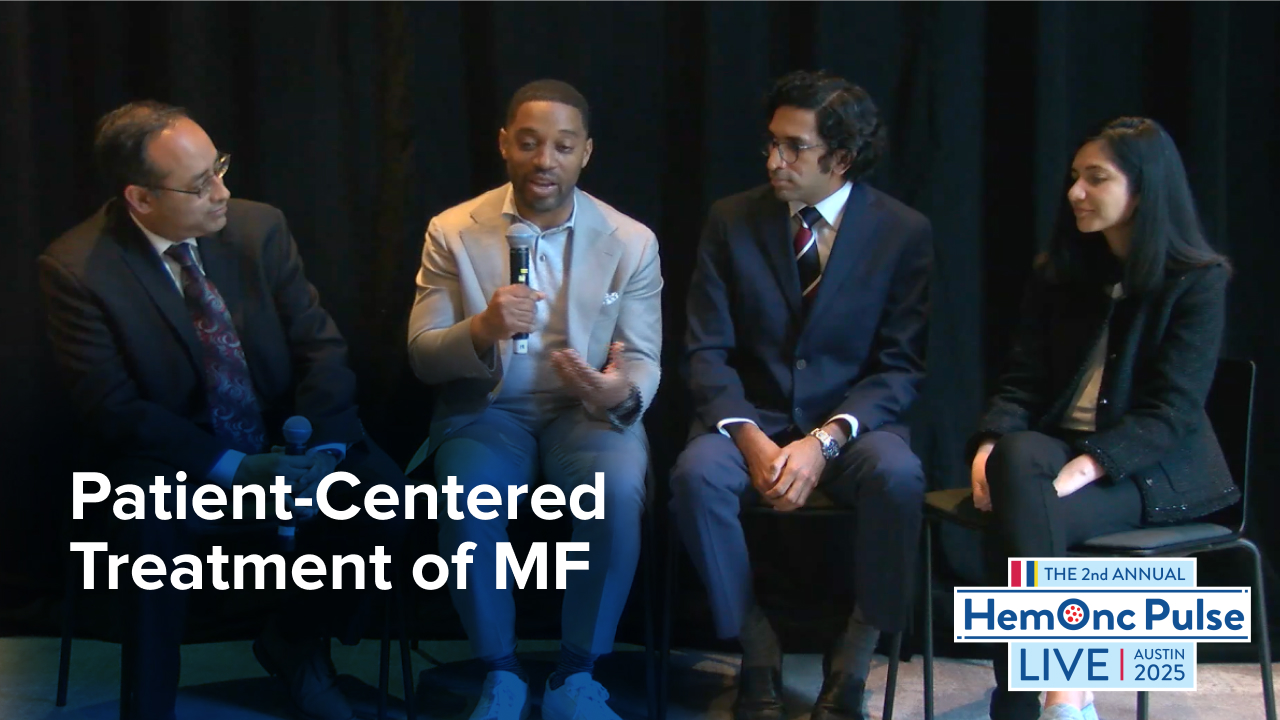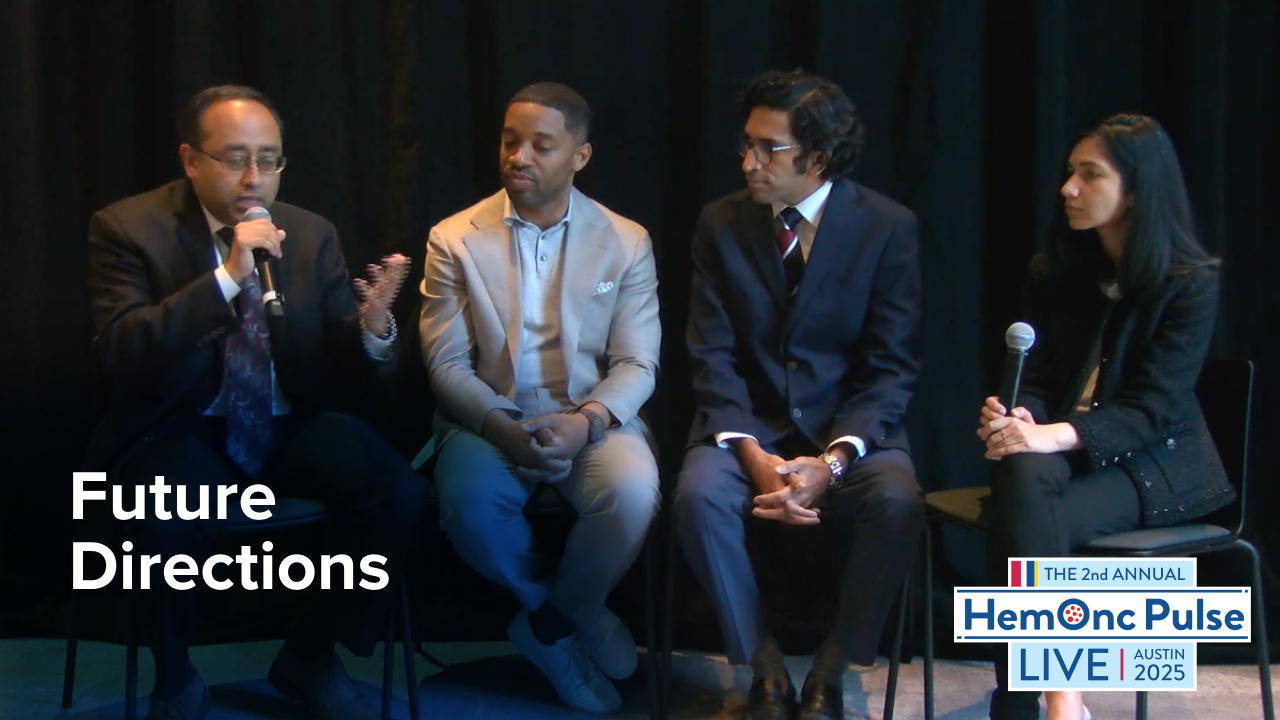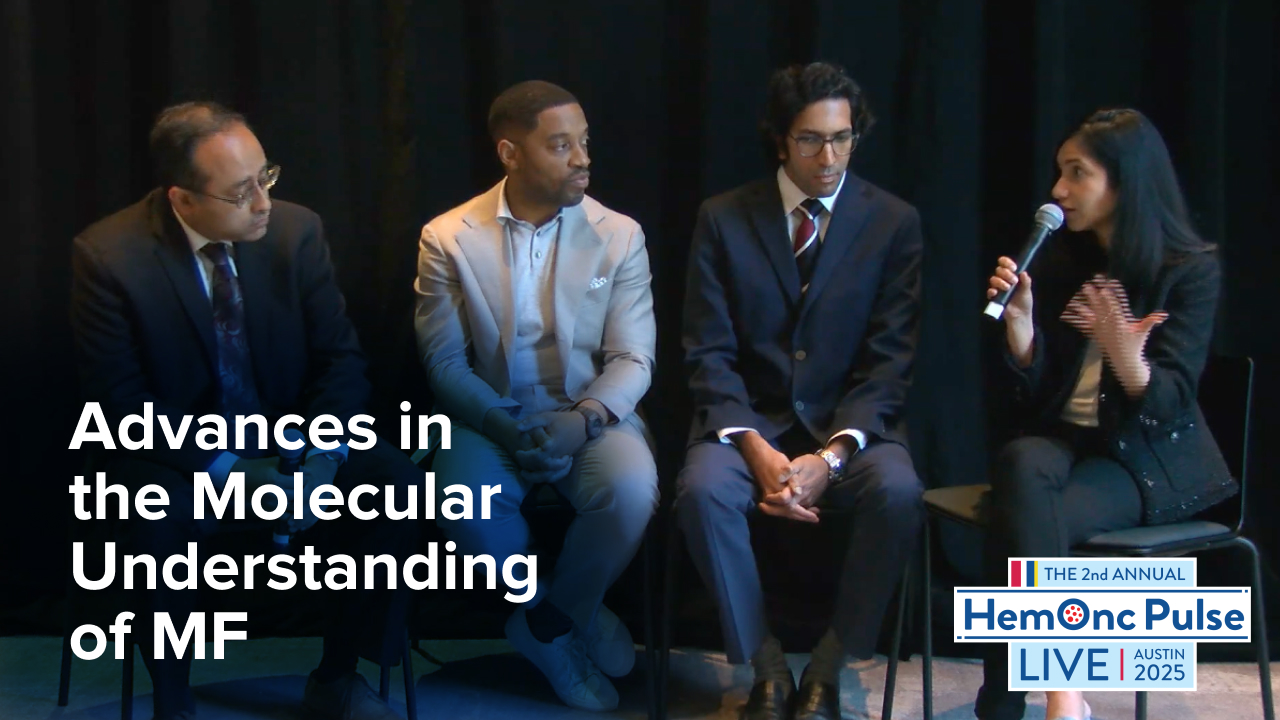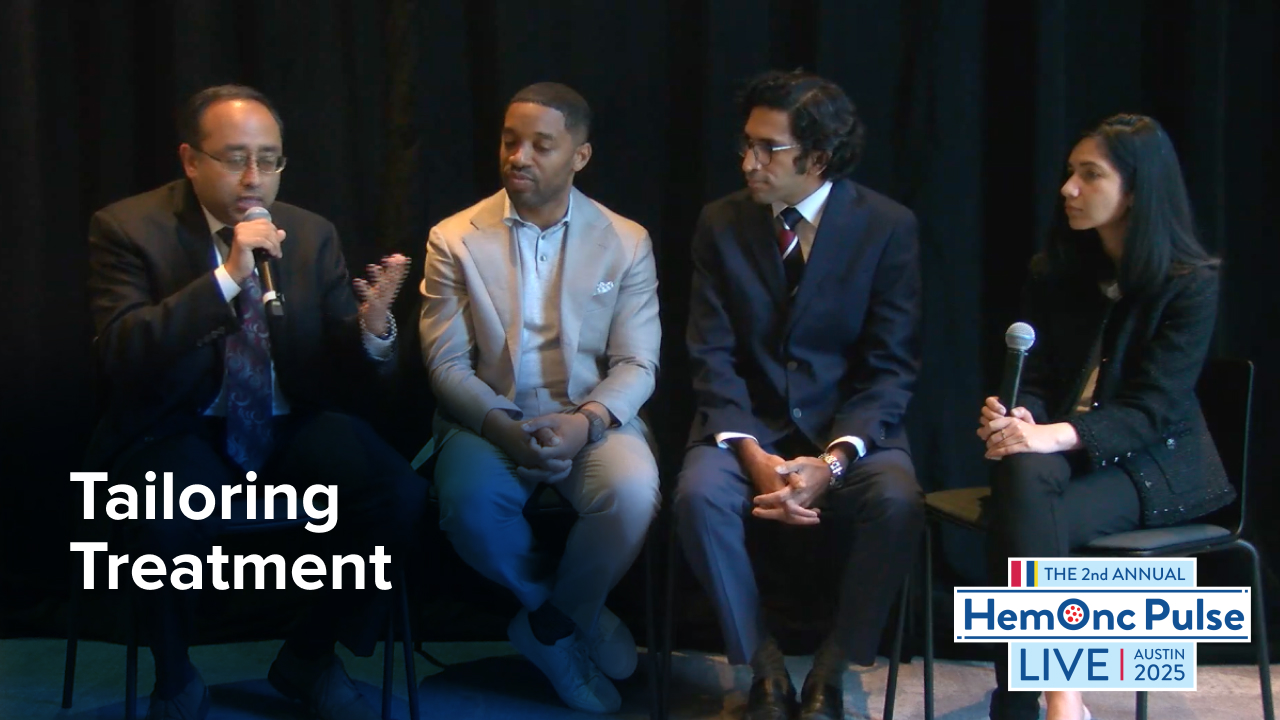
Parsaclisib can improve symptoms and spleen volume in patients with myelofibrosis (MF) who have had suboptimal responses to ruxolitinib, according to a phase II study published in Blood Advances.
Although ruxolitinib reduces spleen volume, improves symptoms, and increases survival in patients with MF, “suboptimal response may occur, potentially because of signaling via the phosphoinositide 3-kinase (PI3K)/protein kinase B pathway,” wrote Abdulraheem Yacoub, MD, of the University of Kansas Cancer Center, and colleagues. Their study evaluated the dosing, safety, and efficacy of adding the PI3Kδ inhibitor parsaclisib to ruxolitinib treatment.
The study included patients who had a suboptimal response to ruxolitinib, defined by splenomegaly and symptomatology, despite six or more months of ruxolitinib treatment. The patients continued ruxolitinib and were randomized to receive:
- Parsaclisib 10 mg or 20 mg once daily for eight weeks, then once weekly thereafter (daily-to-weekly dosing; n=32)
- Parsaclisib 5 mg or 20 mg once daily for eight weeks, then 5 mg daily thereafter (all-daily dosing; n=42)
A total of 28% of patients receiving daily-to-weekly dosing achieved ≥10% decrease in spleen volume at 12 weeks, compared with 59.5% of patients receiving all-daily dosing.
The percentage of patients achieving ≥50% decrease in spleen volume at 12 weeks in the Myelofibrosis Symptom Assessment Form or the Myeloproliferative Neoplasm Symptom Assessment Form symptom scores were 14% and 18% for daily-to-weekly dosing, and 28% and 32% for all-daily dosing, respectively.
The most common nonhematologic treatment-emergent adverse events included nausea (23%), diarrhea (22%), abdominal pain and fatigue (each 19%), and cough and dyspnea (each 18%). Grade 3 and 4 thrombocytopenia occurred in 19% of patients each dosed daily-to-weekly, and in 26% and 7% of patients dosed all-daily, respectively. Thrombocytopenia was managed with dose interruptions.
Reference
Yacoub A, Borate U, Rampal RK, et al. Phase 2 study of add-on parsaclisib in myelofibrosis patients with suboptimal response to ruxolitinib: Final results. Blood Adv. 2024. doi:10.1182/bloodadvances.2023011620






 © 2025 Mashup Media, LLC, a Formedics Property. All Rights Reserved.
© 2025 Mashup Media, LLC, a Formedics Property. All Rights Reserved.